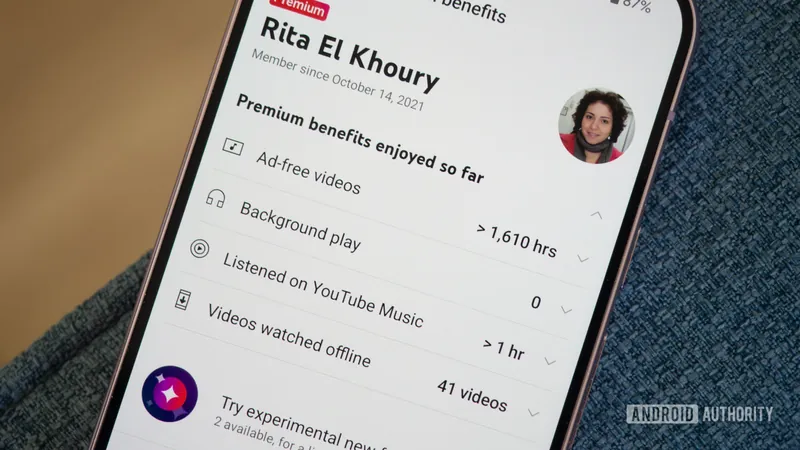
Google Wallet Tightens Security: Authentication Required for App Access!
2025-05-18
Author: Benjamin
A New Era for Google Wallet Security
In a bold move to enhance security, Google Wallet has announced a major shift for users in 2024. What once was merely a requirement for verifying your identity during transactions is now extending to opening the app itself, even long after you've unlocked your phone.
The Three-Minute Countdown
For more than a year, users have faced the annoyance of being locked out of payment features just three minutes after unlocking their device. A message would pop up stating, "For your security, you need to verify it’s you before paying." This locked individuals out of tap-to-pay functions unless they provided a PIN, pattern, or biometric authentication.
Unlocking the App Now Requires Authentication Too!
But the rules have now changed dramatically. Following this recent update, users attempting to access Google Wallet's homepage after that three-minute window will also encounter a request to authenticate, even to see their card carousel or digital passes. Instead of merely disabling payment features, the entire app experience is now gated behind user verification.
What’s Behind This Change?
Google’s reasoning is straightforward: as our digital wallets increasingly house sensitive information—ranging from state IDs and passports to boarding passes and keys—security becomes paramount. This extra layer of authentication ensures that no one can access potentially sensitive information stored in your Wallet.
Balancing Security and Convenience
However, there is an ongoing debate between safety and convenience. Many users feel that not every element in Google Wallet, such as loyalty cards or transit passes, warrants strict access controls. The change represents a significant escalation in Google’s security measures, but at what cost to user experience?
Final Thoughts
As Google continues to roll out this feature across devices, including Pixels and Samsung phones, the ultimate question remains: Is this rigorous approach to security a necessary evolution, or will it drive users to seek more convenient alternatives? Only time will tell!









 Brasil (PT)
Brasil (PT)
 Canada (EN)
Canada (EN)
 Chile (ES)
Chile (ES)
 Česko (CS)
Česko (CS)
 대한민국 (KO)
대한민국 (KO)
 España (ES)
España (ES)
 France (FR)
France (FR)
 Hong Kong (EN)
Hong Kong (EN)
 Italia (IT)
Italia (IT)
 日本 (JA)
日本 (JA)
 Magyarország (HU)
Magyarország (HU)
 Norge (NO)
Norge (NO)
 Polska (PL)
Polska (PL)
 Schweiz (DE)
Schweiz (DE)
 Singapore (EN)
Singapore (EN)
 Sverige (SV)
Sverige (SV)
 Suomi (FI)
Suomi (FI)
 Türkiye (TR)
Türkiye (TR)
 الإمارات العربية المتحدة (AR)
الإمارات العربية المتحدة (AR)